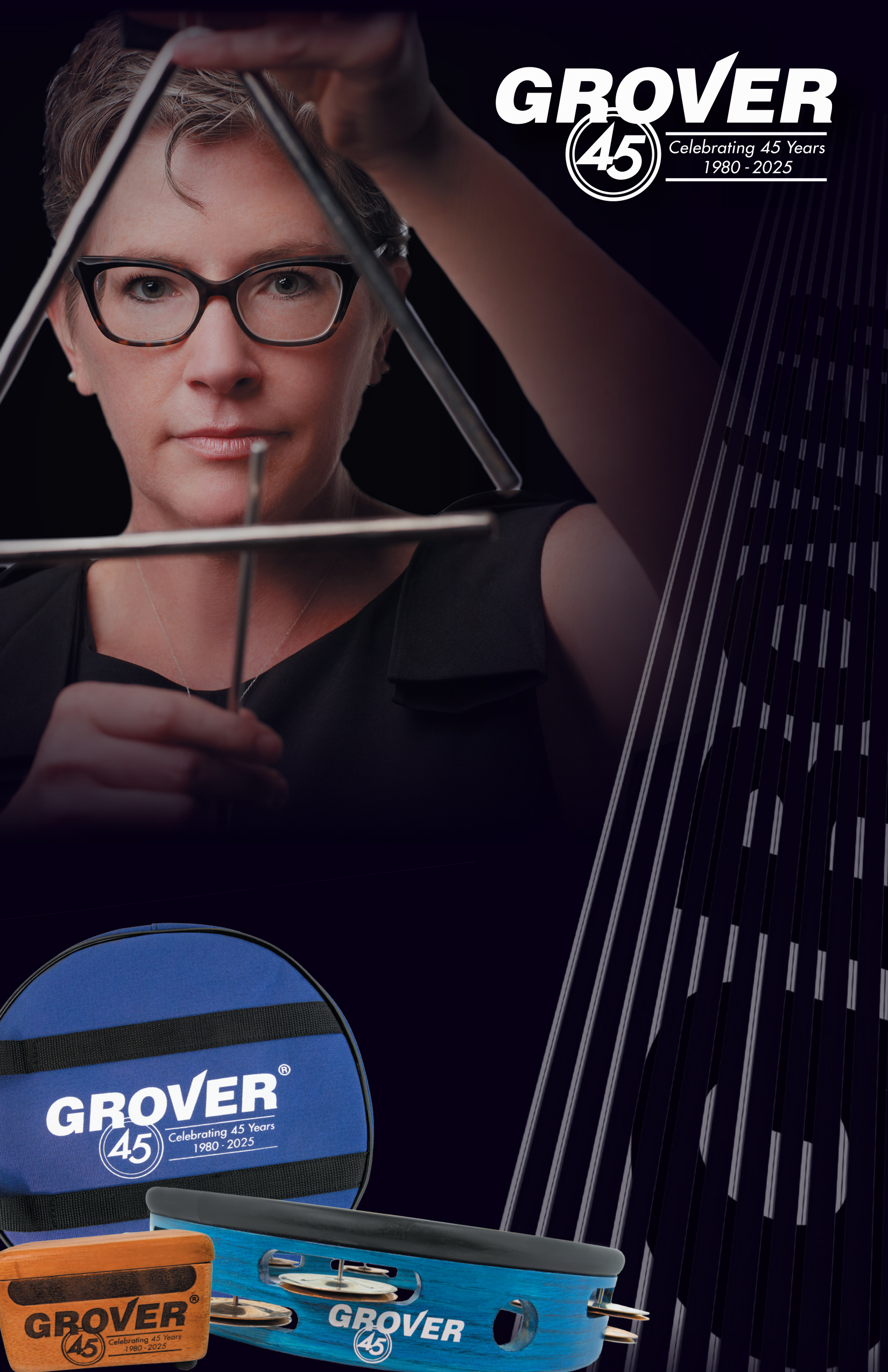College professors will gather as much information about prospective students as possible to determine if the student will be a good fit for their program. For students, the college audition process can be a scary endeavor with a lot of unknowns. The following areas of consideration are designed to help you better understand the audition process more fully and are presented in no particular order:
 1. ACADEMIC PERFORMANCE – GPA, ACT, SAT, Grades
1. ACADEMIC PERFORMANCE – GPA, ACT, SAT, Grades
Your academic performance in high school can be a good indicator for how you’ll do in college courses. These grades aren’t usually a “make it or break it” component of the application process. However, they do carry considerable weight with the academic faculty when awarding scholarships and other academic funding. Having the highest grades and test scores you can assemble will be yet another category that can set you apart from others. Best advice? Perform consistently in your classes. And always give your best effort.
Do you only talk about Rock & Roll? Do you ask the professor futile questions such as, “What technique do the marching snare drums use?” If so, consider this: college professors want to see your social and musical personality. Carefully consider any questions you may have so they best reflect you. Professors want to know if you’re in an AP Music Theory class, a community jazz band, and what kind of music you listen to. All colleges have slightly different audition and application processes which may or may not ask for a copy of your curriculum vitae (C.V.). The C.V. is the best way to present your performance, teaching, research, and service.
Professors also want to know your career goals, musical or otherwise. Be prepared to discuss these goals openly and be able to clearly articulate these goals verbally and in writing. They want to know how you think, what you think is important, and if your career interests and musical goals will be a good fit for their program. Some schools may even ask questions to see how you know about music history, composers, styles, or any number of other topics. Be sure to ask current students what might be asked in an interview so you aren’t caught off-guard. Graduate students should be able to articulate potential topics for a masters thesis or doctoral dissertation.
 3. INTERESTS – Jobs/Service/Hobbies
3. INTERESTS – Jobs/Service/Hobbies
Be sure to share your employment history, volunteer activities, and hobbies (musical and non-musical) with the professor. Are you on a church league baseball team? Did you just finish boot camp for the National Guard? Do you go on frequent jaunts to local art galleries? Tell them! These interests demonstrate a well-rounded individual and someone who doesn’t “put all their eggs in one basket.”
Clear, concise speaking leads to clear, concise ideas. Don’t ramble and always say exactly what you mean. Professors aren’t looking for the quick response, they’re looking for the response you want to give. Before answering a question, take a breath and repeat the question to yourself. Also, always put yourself in the shoes of the professor. Do you want to answer the question, “What kind of music should I play for my audition?” Would you accept someone to your program that doesn’t know how to selection appropriate music? Instead, discuss these topics with current studio members or friends that may also have college auditions. It is acceptable to ask the professor for contact information for current students!
And here’s a critical tip: Do NOT let your mom or dad call the professor to speak on your behalf. Professors want to know that you can act and think like a professional adult and can handle your own business.
Professors may ask you what your strengths and weaknesses are musically and non-musically. Be sure to always answer honestly and realistically. If you say, “One of my strengths is having a wide dynamic range on snare drum” and you don’t play any dynamics during your audition on snare drum, then your self-awareness may be in question. They want to know if you have a vision and path for improvement in your areas of weakness. It’s easy to spot a fake- someone that isn’t putting forth an honest performance- so always be true to yourself. If you have to change your personality to fit in, then maybe that school isn’t a good fit.
6. MUSICAL PERFORMANCE

The performance part of your audition is typically the most time-consuming portion of the process. It can take months to learn all the music needed for all the schools to which you’ve applied. Because your entry into a college studio is largely determined by a brief musical performance, it’s imperative that you consider the following points:
Sightreading- most student will focus only on the required solos. Sightreading is often the most neglected area of practice, but it is also the area where the most points are lost. You absolutely must read music as well as you can play it. Be sure you’re sightreading on snare drum, mallet percussion, timpani, and drum set.
Preparedness- have an organized binder of your materials; have all your mallets, music, and instruments set up and ready to go before the audition begins. Prove that you’re a professional and think about “the little things.” More on that below in #7.
Risk- try something “out-of-the-box” and nail it! Don’t try something you can’t do (i.e. take the tempos so fast you can’t keep up)
Confidence- look like you know what you’re doing even when you don’t; mistakes will happen and as soon as you get over that fact, the sooner you’ll be a rock star.
Appearance- dress well (and yes, iron your shirt!); address the professor appropriately (Professor/Dr./Mr./Mrs.); complete all supporting documents in a professional manner and write Letters of Interest using “college words.”
Solo Material- artistic expression, no stops, risks, and wide dynamic ranges are all going to set you apart; always be musically interesting; remember that it is a competition and exaggerate tempos and dynamics; nail the notes and rhythms; choose music that shows off your skills (don’t fall in the trap of picking all the hard stuff!)
Excerpts- nail the notes, rhythms, and style; be able to play a variety of expressive and musical approaches; know different recordings of the excerpts; be able to sing the other instrumentalists’ parts; know the entire excerpt; GO FOR IT!
Flexibility- can you begin in the middle of your solo? Can you play this passage is a different style? Be able to change how you perform any passage and be able to start anywhere should the professor ask you to.
Sounds- always make good sounds!; are you adding color shading to enhance the performance or do you simply have bad zones?; beating spots are the “usual suspects” for bad sounds.
FYI- for most players, timpani is usually the instrument with the weakest overall tone; on snare drum, roll quality suffers the most; on keyboards, roll quality and beating spots suffer the most; to truly set yourself apart, have a wide dynamic range and have impeccable soft dynamic control on all instruments.
Dress like a professional- see a businessperson for assistance.
Have all of your gear setup and ready to go before the audition begins. Have a clear plan for how you’ll enter the audition space and put out your music and mallets and setup your instruments.
You should create a professional-looking binder with copies of your C.V., Letter of Interest to the school, copies of Letters of Recommendation, and copies of all the pieces of music and excerpts you’ve prepared for your audition. This binder is an excellent way to provide the professor with as much background information about you as possible without being too invasive. Be sure the binder has a professional and appropriate cover, all the pages are clearly typed, all your music and documents are secured, and use professional colors (blue, black, white) and avoid any graphics on supporting documents.
Are your questions necessary? Can you find the answer online or through a current student? If so, don’t ask them to the professor! Do your homework yourself without the professor having to give you those answers. It’s good to ask about the opportunities the school may provide or how your private lessons will be structured. Find out as much about the university, the studio, the studio alumni, and the professor as possible before arriving for the audition.
Lastly, act is if you’re already a college student. Be confident in every aspect of the application and audition process. Have all of these tips thought out so you can stay relaxed and focused during the audition.
 From contemporary chamber music to the traditions of the pageantry arts, percussion artist and pedagogue Dr. Brandon Arvay has appeared in some of the most visible venues in his profession. Having toured throughout the United States and Asia, he holds degrees from the University of South Carolina (B.M.E.), Colorado State University (M.M.), and the University of Kentucky (D.M.A.). Currently Adjunct Instructor of Percussion at Centre College, he also serves as Percussion Instructor at Central Kentucky Youth Orchestras, Front Ensemble Instructor at the Battalion Drum & Bugle Corps, Director of Percussion at George Rogers Clark High School (Winchester, KY), and Section Percussionist with the Lexington Philharmonic. Brandon is also the staff Percussion Arranger at 16Parks Music.
From contemporary chamber music to the traditions of the pageantry arts, percussion artist and pedagogue Dr. Brandon Arvay has appeared in some of the most visible venues in his profession. Having toured throughout the United States and Asia, he holds degrees from the University of South Carolina (B.M.E.), Colorado State University (M.M.), and the University of Kentucky (D.M.A.). Currently Adjunct Instructor of Percussion at Centre College, he also serves as Percussion Instructor at Central Kentucky Youth Orchestras, Front Ensemble Instructor at the Battalion Drum & Bugle Corps, Director of Percussion at George Rogers Clark High School (Winchester, KY), and Section Percussionist with the Lexington Philharmonic. Brandon is also the staff Percussion Arranger at 16Parks Music.
Having an eclectic background, Brandon has taught chamber music, percussion repertoire, percussion pedagogy and literature, and marching percussion at every level. He has conducted and coached a variety of ensembles throughout the South, including the University of Kentucky Percussion Ensemble in their Showcase concert at PASIC 2014. Brandon’s teaching honors include a Gold Medal with Palmetto Percussion at the WGI World Championships and numerous High Percussion awards. He has been a resident instructor at Wayne State University and the University of North Carolina-Pembroke, and regularly presents lectures and workshops throughout the United States. Brandon is a contributing author for the PAS Educators’ Companion, Bluegrass Music News, and Dansr.
As a performer, Brandon has appeared at the Percussive Arts Society International Convention (PASIC), Midwest Band and Orchestra Clinic, the American Bandmasters Association Convention, the College Band Directors National Association Convention, and State MEA Conventions. In his travels, he has performed throughout China and was featured on China Central Television. Brandon has collaborated with some of the world’s most respected performers (Marvin Hamlisch, Itzhak Perlman, Christine Brewer, Glenn Kotche, SO Percussion, Wycliffe Gordon, Frederic Macerez, Miles Osland, Anders Astrand); conductors (George Daugherty, Gary Green, David Holsinger, Donald Portnoy, Wes Kenney, John Nardolillo, Scott Terrell); composers (Lewis Nielson, Adam Schoenberg, Baljinder Sekhon, James David).
He has commissioned works by Eric Wubbels, Steven Snowden, Joe W. Moore, and Stephen Gorbos, and has played on a wide-range of audio recording projects, including the Ignite Series (C. Alan Pub. Co.), the Kollective Percussion Ensemble, Maiden (Classical Heritage Foundation), the UK Percussion Ensemble, and the self-titled album by the rock group Von Voigt.
Brandon is an artist and endorser for Innovative Percussion and Grover Pro Percussion.




[…] This article was featured on the Grover Pro Percussion website in February 2016. Check it out HERE! […]